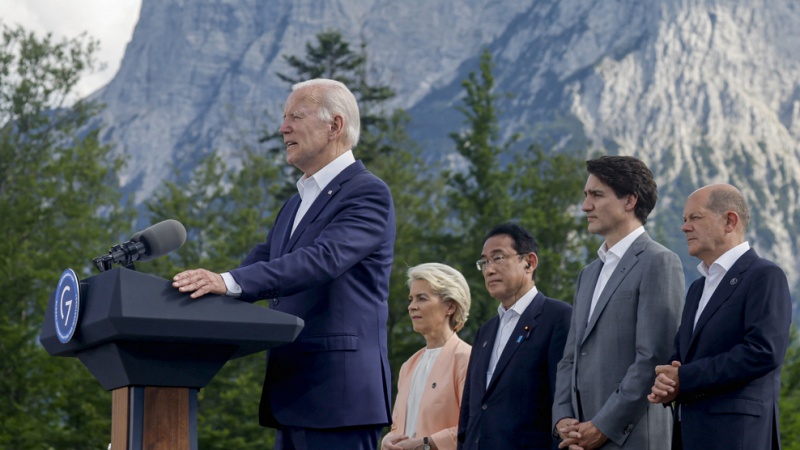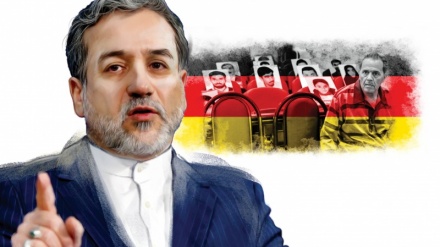US announces $200 bln infrastructure plan to tackle China
US President Joe Biden has announced plans for a range of infrastructure projects as part of a huge G7 plan designed to take on China's massive global projects.
According to Press TV, the US president outlined plans Sunday to spend $200 billion in private and public funds over five years.
The funding will be used to fund needed infrastructure in developing countries under a G7 initiative aimed at countering China's multitrillion-dollar Belt and Road Initiative (BRI), the White House said on Sunday.
Biden announced the plans at the G7 summit in Germany, where he has been meeting with leaders of the world's wealthiest nations at a three-day summit.
"Developing countries often lack the central infrastructure to help navigate global shocks, like a pandemic, so they feel the impacts were acutely, and they have a harder time recovering," Biden said in a speech from the G7 summit in Germany on Sunday.
"That's not just humanitarian concern. It's an economic and security concern for all of us," he added.
Biden said the initiative would help set the world on a strong path for the future by investing in sustainable projects that are “grounded in our shared values.”
“It’s built using the global best practices – transparency, partnership, protections for labor and the environment,” said the president.
In addition to US commitments, the G7 countries collectively would aim to mobilize $600 billion for the partnership by 2027.
While Biden did not make explicit mention of China in his remarks, the initiative is widely viewed as an effort to counter China’s global projects,
Chinese President Xi Jinping launched the initiative in 2013 to invest in infrastructure development in dozens of countries.
Ever since, China has been investing heavily in building up the infrastructure of developing countries in Africa and Asia.
The massive project has hit opposition in some Western countries, particularly the US, over allegations that the financing could lead to unsustainable debt and that it aims more to promote Chinese influence than development.
Experts, however, say the initiative is a peaceful, development and economic cooperation effort, not a geopolitical or military alliance.
ME



